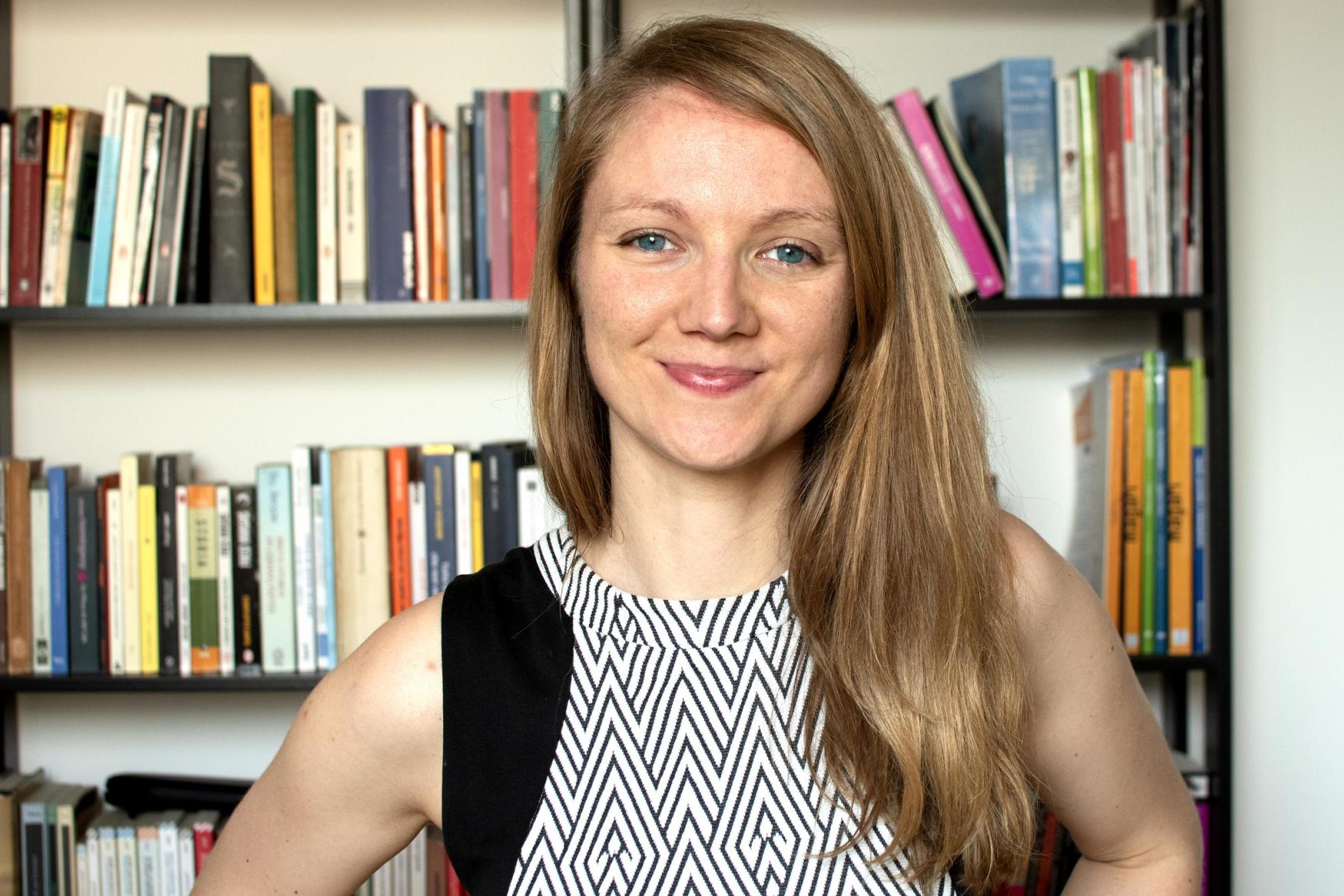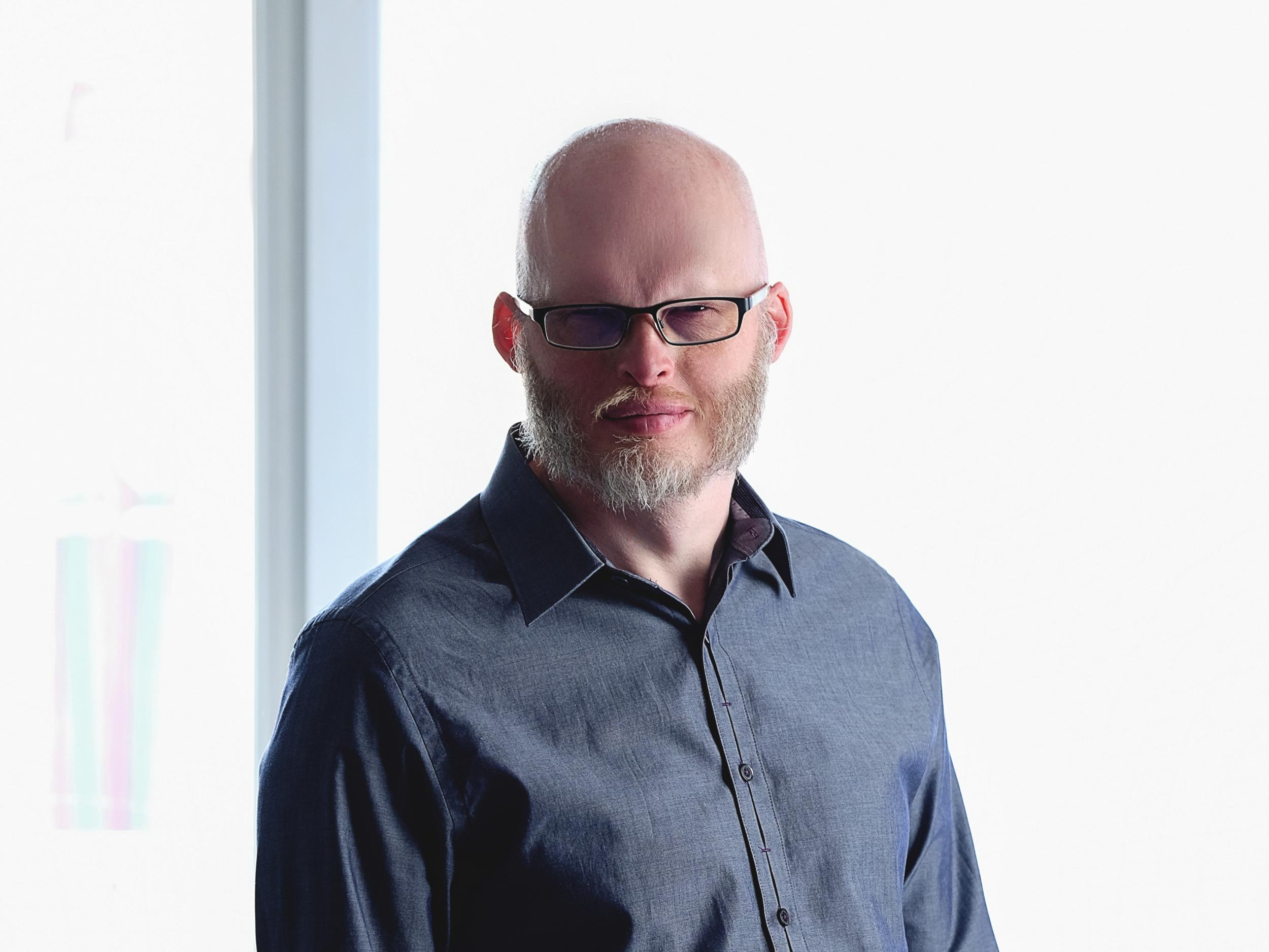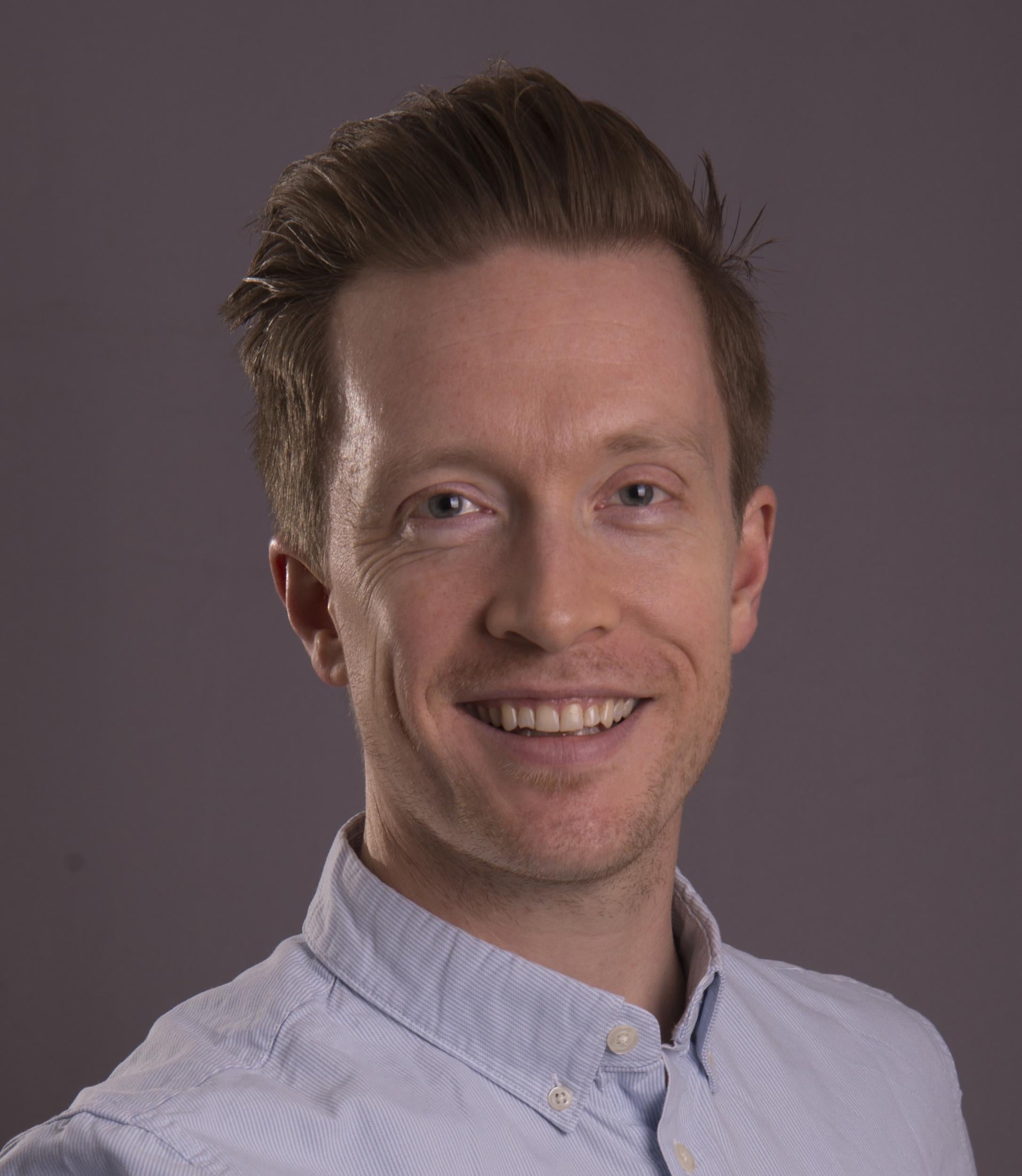How learning languages can enrich the way we travel
While you and I get lost in French translation, polyglots are fluent in Frisian, Faroese and dozens of other languages. But there is hope for us yet…

Your support helps us to tell the story
From reproductive rights to climate change to Big Tech, The Independent is on the ground when the story is developing. Whether it's investigating the financials of Elon Musk's pro-Trump PAC or producing our latest documentary, 'The A Word', which shines a light on the American women fighting for reproductive rights, we know how important it is to parse out the facts from the messaging.
At such a critical moment in US history, we need reporters on the ground. Your donation allows us to keep sending journalists to speak to both sides of the story.
The Independent is trusted by Americans across the entire political spectrum. And unlike many other quality news outlets, we choose not to lock Americans out of our reporting and analysis with paywalls. We believe quality journalism should be available to everyone, paid for by those who can afford it.
Your support makes all the difference.A large UK aviation company was recently taken over by a French firm. On the morning the deal was signed, I met the top executives and asked whether we should conduct our discussion in French or English.
“That all depends,” said the British CEO.
“Do you want a short conversation or a long one?”
The interview proceeded in English, predictably spoken flawlessly by the French contingent.
Les Britanniques sont des ordures dans les langues: we’re rubbish at communicating in anything other than English.
Or are we?
I have just completed a series called The Superlinguists for the BBC World Service. In the course of making the radio programmes, I met a large number of polyglots: people who speak as many as 50 languages.
While you and I get lost in French translation, polyglots are fluent in Frisian (spoken in northern Germany and the Netherlands), Faroese (used in the Faroe Islands), and dozens of other language. Yet they offer hope and encouragement for linguaphobe travellers.
Britain’s superlinguists are basically normal people who went through the same UK school system as you and me, yet have chosen to stretch their minds to an extraordinary degree. In doing so, they enrich the experience of travel.
Albanian is one of the 50 or so languages that superlinguist Richard Simcott has studied (including Frisian and Faroese, like you do).
On holiday at a hotel in Greece recently, he got talking to two cleaners in Greek. Then he heard them speaking Albanian, and switched to their mother tongue.
“One of the ladies cried, and said: ‘You’re the first person to ever speak to us in Albanian. We’re not supposed to really speak it in the hotel.’”
Richard was invited to her home to meet her family.
“She really touched me with her reaction, and it made me realise that learning languages can mean an awful lot to a lot of people even if you only know a very basic amount.”

As British travellers, our problem is that English has become the world’s lingua franca. The language that you and I grew up with is now the tongue that allows everyone to communicate, after a fashion.
“Bangkok airport English” is how one British polyglot, currently working as cabin crew, describes the language that is coming to dominate the world.
Switzerland is hardly short of languages, yet at its main airports – Basel, Geneva and Zurich – English dominates.
In a cafe in Slovakia’s second city, Kosice, I met locals who were talking to Poles in English. Their Slavic languages occupy the same narrow arc of the linguistic spectrum, yet the differential evolution created by the Tatra mountain range is sufficient for them to choose to connect with each other in the language of an Anglo-Saxon nation many hundreds of miles away.
English is everywhere, and the world is keen to master it. Those who are not yet as adroit as my new Polish and Slovakian friends will probably want to practise on you.
The British problem is assessed crisply by Becky Staw, head of languages at Michaela Community School in Wembley.
“When their English is so much better than your attempt at their language, it can be difficult to hold the line, and say, ‘No, I’m going to keep speaking to you in French or whatever language it is’."
The Michaela Community School uses radical techniques to help pupils master both the fundamentals of French and the accent. Those of us who have left school behind may assume that any attempt to learn is destined to be too little, too late.
Yet age is no barrier to learning languages.
“People have a fallacy in their head that as an adult we can’t do it, or that children are better. And it’s completely wrong.”
So says Richard Simcott in what I imagine is only a brief excursion into his native English. He can chat to cleaners in Catalan, Icelandic or Latvian, and right now he is probably the only British visitor to Mexico’s Yucatan peninsula who is forsaking the Caribbean beaches to take a short course in the local Mayan dialect, maya yucateco. But for most of the year he lives with his family in North Macedonia.
“Adults can learn languages,” says Richard. “I learnt the language that I speak at home now on a daily basis at the tender age of 27.”
“I think I manage quite well.”
The superlinguist Olly Richards, chief executive of iwillteachyoualanguage.com, agrees that adults are actually much better than children at learning languages: “The huge advantage that kids have on their side is time. Anyone who’s watched a child grow up knows that it takes them years to even begin to master their first language.
“However, if they get a little bit of exposure every day, they will learn effortlessly. It just happens to take many, many years, while as an adult we could do it much faster.
“If you were to take a three-year-old and a 30-year-old, and you were to give them an identical programme of language learning, the 30-year-old would learn orders of magnitude faster than the three-year old.”
The secret, he says, is to have a good reason to learn. “Motivation and passion are everything.”

Many of the people who use Olly Richards’ website are retired British expatriates living in the south of Spain and with a strong incentive to learn, he says.
“The most important thing in the world for them is to be able to greet their neighbour in the morning, to go down to the local baker’s and order some bread, to chat to people in the square in the afternoon, to go out to the local bar or the restaurant in the evening and chat to people. That is what it means to be alive.”
Whatever your motivation, how you learn is crucial. Fortunately 21st century technology helps remove barriers, real or imagined, to language learning. Anyone with an internet connection can find podcasts or TV programmes in the target language – and a tutor who can provide lessons via Skype, through a platform such as Italki.
Katie Harris struggled with languages at school, where she was bottom of her German class. Later, at university, she was almost kicked off her Italian course. Yet she now runs the website joyoflanguages.com from Milan.
“When I was trying to learn languages at school and university, there was a system where it was essentially the teacher trying to push this knowledge of the language into my brain,” she says.
“I wasn’t really interested in it. It was a lot of learning grammar and vocabulary in isolation. That didn’t work for me.”
Today, she inspires other would-be polyglots with articles such as “14 Addictive Italian YouTube Channels to Learn Italian”
“Many people have the false impression about learning a language that it’s like a performance: you have to prepare for the performance at home on your own, memorise all of the words and all of the grammar, and eventually when ready you can step out and perform with native speakers.
“It doesn’t work like that. Make peace with the fact that at the beginning it will be awkward. Give yourself permission to be a beginner. That makes it much easier to start speaking with people.”
Manage your expectations, too. Lydia Machova, polyglot and language mentor, has calculated how long it takes her to master a new tongue, with daily study.
“It takes me about two years to learn a language. But I take some breaks, so let’s say a year-and-a-half of learning, about one hour a day. That gets us to about 500 hours of work.”
If ever you begin to lose heart during the long learning curve, I suggest you cheer yourself up with a drink.
In a recent experiment (in which I would loved to have participated), 50 Germans studying at the University of Maastricht in the Netherlands, and who had recently learned Dutch, were given either an alcoholic or non-alcoholic drink.
Without knowing whether they had consumed alcohol, they were asked to converse with native Dutch speakers, and rated on the results.
The drinkers were judged better at pronunciation than their sober colleagues.
So, repeat after me: Dos cervezas, por favor.
The first episode in the four-part series The Superlinguists can be heard here
Join our commenting forum
Join thought-provoking conversations, follow other Independent readers and see their replies
Comments